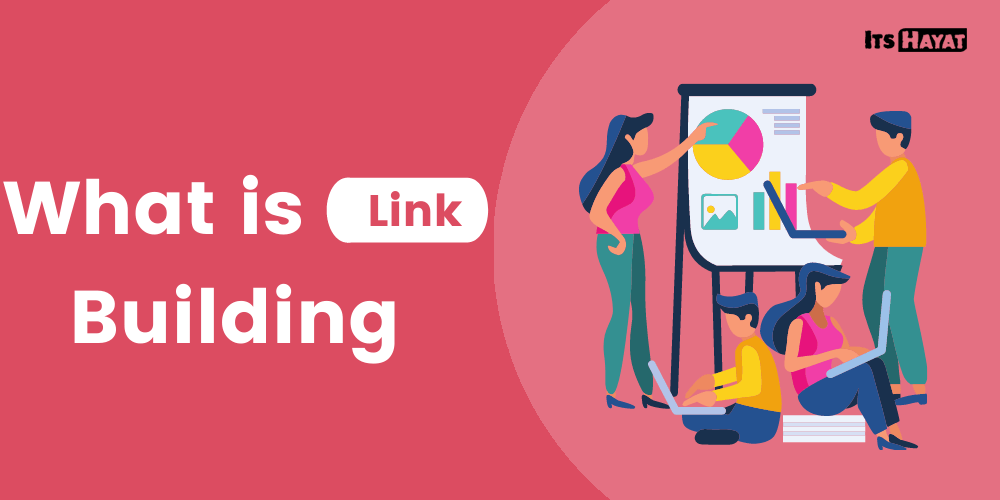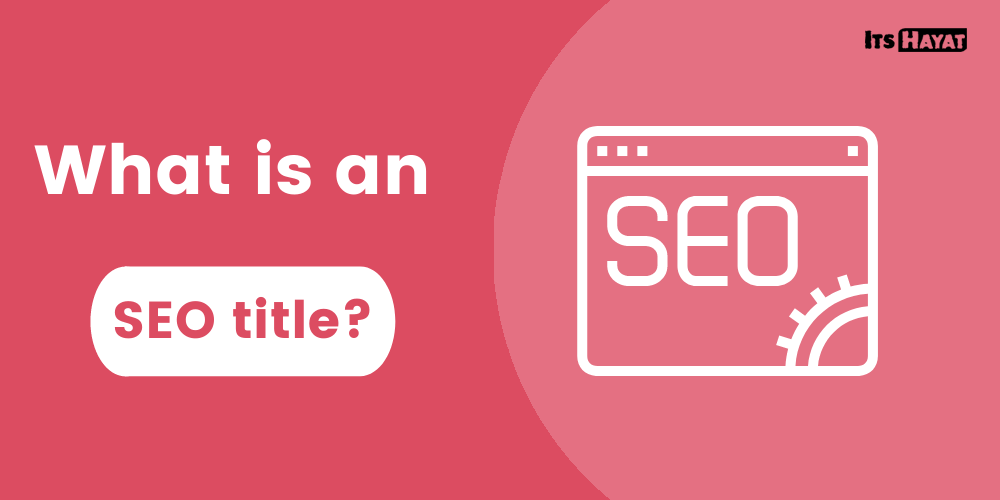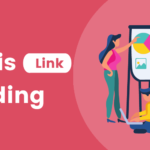What is link building?

Link building is the process where you strive to get other websites to link to your website.
Search engine optimizers also call this off-page SEO, i.e., that external factors outside of your site affect your SEO performance.
Inbound links have a significant impact on how highly your site ranks on Google and other search engines. Link building is, therefore, something you should take into account if you want to boost your SEO. Below I suggest some methods for building links, but also methods that you should preferably avoid.
Five examples of SEO link building
To give some quick examples of link building, I mention five common link strategies below.
1. Guest blog
Guest blog for other websites and blogs. It is a great way to get good and relevant inbound links with search engine-friendly anchor texts (where the link contains keywords).
In many cases, it is also a strategy that can be considered a more ethically correct way to get links. It will be a win-win situation to get a link to exchange the time you spend creating free content with another website owner.
2. Create divisible content and resources
Shareable content such as infographics or unique data collections/surveys that are attractive to other websites can be effective ways to get good links. An essential part of the process is to contact potential sites that may be interested in your content and ask them to link to your source (your website). This outreach, as it is often called, is vital to the success of this strategy.
Relevant link directories
Link directories, link lists, and their effect on SEO are currently controversial due to their link quality. However, I would say that as long as the list of links is relevant and does not have a significant “spam factor,” it is good to be involved. Although the SEO value is not the best, these lists can drive relevant organic traffic to your site.
3. Competitor analysis
Analyzing your competitors’ inbound links can give you great tips on potential links you can get. To find out your competitors’ links, you can use link tools like Ahrefs (paid), which give you quick information about the domains that link to your competitors. This way, you can create a list of interesting links that you should also strive to get, whether link directories or blogs.
4. Ask for links from partners.
If your site collaborates with other sites or businesses, it pays to figure out how they could include a link to your site, e.g., under a “partners” section. This way, you can quickly get relevant and good links from relevant industries that transfer link value to your site.
In addition to these, there are many more strategies for link building. I will share more tips for link building in the blog later.
Link building with a negative effect
Does link building always have a positive SEO effect?
No, because not all links add value to your site.
Some links can negatively impact, for example, if they are not relevant or if the links come from very rogue websites (spam links).
Negative SEO
Google does not like sites that have multiple spam links. With Google’s Penguin update, which had a strong focus on link quality, a whole new branch of SEO was created. Namely, some players started to pollute the link trees of other websites by creating several spam pages, which were then used to link to competitors’ websites. This is called negative SEO.
If you’ve been through this, familiarize yourself with Google’s Disavow tool. The tool is found in the Search Console and eliminates potential adverse SEO effects from spam links.
Purchased links / sponsored posts
The term sponsored links have several meanings if you read about it on the web. They can either refer to the paid ads (PPC ads) that top the search results and purchase links on other sites (often in sponsored posts).
Now we are talking about the second option, i.e., purchased links on other sites.
According to Google’s link guidelines, purchased links are against their policy. Examples of purchased links are articles on websites that are marked as “sponsored posts.” It may be easier for Google to determine if the link has been paid for in these cases. In other satuations, it may be more difficult.
In practical terms, it is tough to define how bad this is for the site’s SEO performance, which is also evident in Swedish SEO forums. My view, however, is that it hardly hurts your rankings as long as it is only a few cases.
4. Manipulation of anchor texts
Whether it’s purchased links or guest blogs, avoid always using the exact anchor text (such as a specific keyword). It may sound tempting because you want to rank for just that keyword. However, it can also remain a signal that the links are not natural.
It is thus better to try to create different variations in the anchor texts. Thus, the best way to create links is to try to make them as natural as possible.
5. Link-to-link exchanges
Making link-to-link exchanges with other sites is not a good link strategy. Especially if it happens on a larger scale, you should have them as an exception if you have to make a link change. Therefore, avoid making multiple link exchanges between two domains.
I hope these tips were helpful. If you do not know how to link or make the link search engine friendly, you should read the post: How to link?






